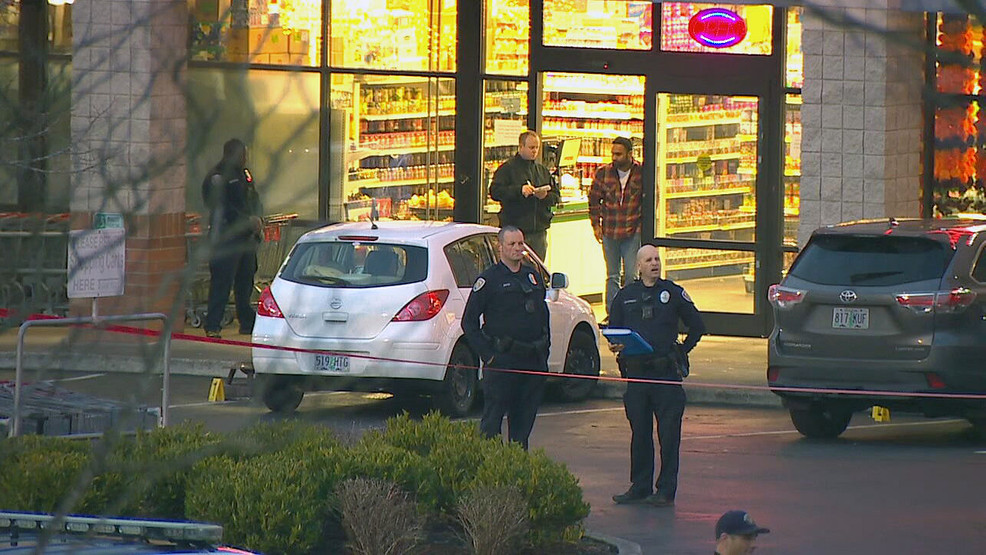
PORTLAND, Ore. — The untimely passing of Battle Ground Police Sgt. Richard Kelly because of a drug overdose has prompted Battle Ground Police Chief Mike Fort to put out a statement reading, “Substance abuse is a serious problem that often goes unsuspected and undetected.” Adding, “As a community, we need to support local efforts to assist anyone struggling with the effects of mental health and substance abuse so they may achieve recovery.”
We do not know the exact circumstances of Kelly’s death, or if he had any mental health or substance use issues. But even though we don’t know those circumstances, we do know that police officers have to see a lot of tragedy.
Matthew Henderson, a spokesperson with the Beaverton Police Department, shared an incident that had him break down in tears.
“A father had murdered his children. It was awful. My children were roughly the same age as one of the children that was murdered. It was the most traumatic thing I had ever seen,” he said.
On top of that, a former Hillsboro police chief turned adjunct professor at Portland State University, Ron Louie, says officers have to deal with members of the public who don’t like them because they’re cops.
He told KATU that he once hired an officer who was shocked that people were being nice to him. He told Louie, “’When they wave at me, they wave with all fingers.’”
Louie made sure his officers received counseling and peer support, which was a step up from what he had previously experienced as an officer.
“If something horrible happened, we would go back to the station after something terrible, and then we’d just go home. No one really took care of us very well,” he said.
Beaverton police are also trying to make sure their officers are being taken care of in part by offering 24-hour support through a new position called a wellness officer.
“That wellness officer really is, her job is to focus on the four prongs of wellness, which is physical, mental, spiritual, and financial,” said Henderson.
The department also has a chaplain, who can authorize time off for officers who need it.
“I’ve been involved in a critical incident, where the police chaplain called me in, after the incident occurred, and I just broke down in tears,” said Henderson.
The department is also trying the idea of giving officers 30 minutes of physical activity a day during their shift to help them release stress.
The Portland Police Bureau expanded its wellness program last year, where members have four hours per week, in combination of an hour or an hour and a half sessions, for bureau-approved wellness activities.
